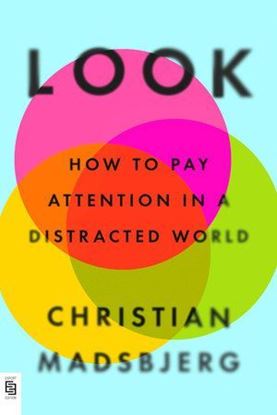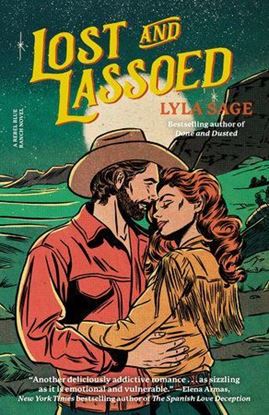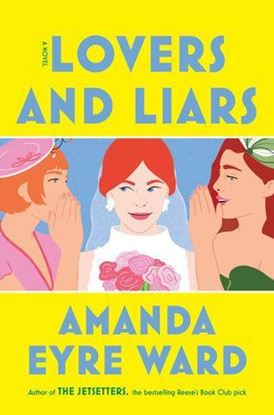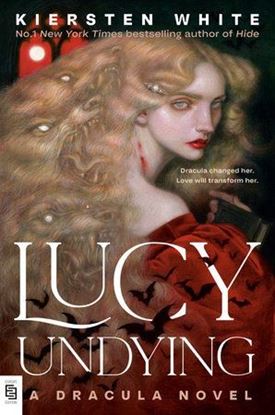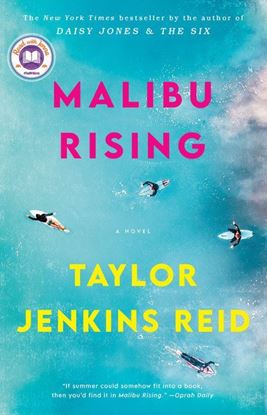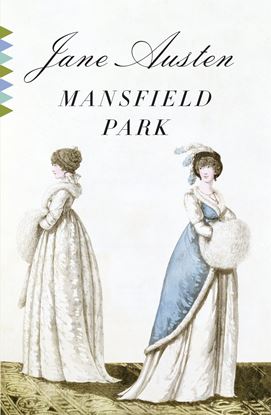

LOOK. HOW TO PAY ATTENTION IN A DISTRACT
A powerful exploration of how we pay attention that will transform the ways we connect with one another – at home, at work, and beyond.
Paying attention is a crucial human skill, yet many of us have forgotten how to listen carefully and observe intentionally. Deluged by social media and hobbled by the increasing social isolation it fosters, we need to rediscover the deeply human ways we connect with others.
1,250
LOST AND LASSOED
Teddy Andersen doesn’t have a plan. She’s never needed one before. She’s always been more of a go-with-the-flow type of girl, but for some reason, the flow doesn’t seem to be going her way this time.
Her favorite vintage suede jacket has a hole in it, her sewing machine is broken, and her best friend just got engaged. Suddenly, everything feels like it’s starting to change. Teddy is used to being a leader, but now she feels like she’s getting left behind, wondering if life in the small town she loves is enough for her anymore.
Gus Ryder has a lot on his plate. He doesn’t know what’s harder: taking care of his family’s 8,000 acre ranch, or parenting his spunky six-year-old daughter, who is staying with him for the summer. Gus has always been the dependable one, but when his workload starts to overwhelm him, he has to admit that he can’t manage everything on his own. He needs help.
His little sister’s best friend, the woman he can’t stand, is not who he had in mind. But when no one else can step in, Teddy’s the only option he’s got. Teddy decides to use the summer to try and figure out what she wants out of life. Gus, on the other hand, starts to worry that he’ll never find what he needs.
Tempers flare, tension builds, and for the first time ever, Gus and Teddy start to see each other in a different light. As new feelings start to simmer below the surface, they must decide whether they should act on them. Can they keep things cool? Or will both of them get burned?
900
LOVERS AND LIARS
Once upon a time, the Peacock sisters were little girls who combed each other’s tangled hair. But decades of secrets have led them to separate lives—and to telling lies, to themselves and to one another.
Sylvie is getting married. Again. A librarian and widow who soothes her grief by escaping into books (and shelving them perfectly), Sylvie has caught the attention of an unlikely match: Simon Rampling, a mysterious, wealthy man from Northern England. Sylvie allows herself to imagine a life beside him—one filled with the written word, kindness, and companionship. She’s ready to love again . . . or is she?
Cleo is the golden child. A successful criminal defense lawyer with the perfect boyfriend, she is immediately suspicious of Simon. Is he really who he says he is? Cleo heads to Mumberton Castle with a case of investigative files, telling herself she will expose Simon and save her sister from more heartbreak . . . but who is she really trying to save?
Emma is living a lie. She can’t afford this fancy trip—and she definitely can’t tell her husband and sons why. She once dreamed of a line of her own perfumes. Fragrances allowed her to speak in silence. Now, that tendency for silence only worsens her situation. Will she emerge with her dignity and family intact?
When their toxic mother shows up, the sisters assume the roles they fell into to survive their childhood . . . but they just might find the courage to make new choices.
Set over a spectacularly dramatic weekend, in the grand halls of a sprawling castle estate—amid floor-to-ceiling libraries, falconry lessons, and medieval meals—Lovers and Liars is the unforgettable story of a family’s ability to forgive and to find joy in one another once again.
1,350
LUCY UNDYING: A DRACULA NOVEL
Her name was written in the pages of someone else’s story: Lucy Westenra was one of Dracula’s first victims.
But her death was only the beginning. Lucy rose from the grave a vampire and has spent her immortal life trying to escape from Dracula’s clutches—and trying to discover who she really is and what she truly wants.
Her undead life takes an unexpected turn in twenty-first-century London, when she meets another woman, Iris, who is also yearning to break free from her past. Iris’s family has built a health empire based on a sinister secret, and they’ll do anything to stay in power.
Lucy has long believed she would never love again. Yet she finds herself compelled by the charming Iris while Iris is equally mesmerized by the confident and glamorous Lucy. But their intense connection and blossoming love is threatened by outside forces. Iris’s mother won’t let go of her without a fight, and Lucy’s past still has fangs: Dracula is on the prowl once more.
Lucy Westenra has been a tragically murdered teen, a lonesome adventurer, and a fearsome hunter, but happiness has always eluded her. Can she find the strength to destroy Dracula once and for all, or will her heart once again be her undoing?
1,250
MALIBU RISING
Four famous siblings throw an epic party to celebrate the end of the summer. But over the course of twenty-four hours, the family drama that ensues will change their lives will change forever.
850
MANSFIELD PARK
Mansfield Park encompasses not only Jane Austen’s great comedic gifts and her genius as a historian of the human animal, but her personal credo as well—her faith in a social order that combats chaos through civil grace, decency, and wit.
At the novel’s center is Fanny Price, the classic “poor cousin,” brought as a child to Mansfield Park by the rich Sir Thomas Bertram and his wife as an act of charity. Over time, Fanny comes to demonstrate forcibly those virtues Austen most admired: modesty, firm principles, and a loving heart. As Fanny watches her cousins Maria and Julia cast aside their scruples in dangerous flirtations (and worse), and as she herself resolutely resists the advantages of marriage to the fascinating but morally unsteady Henry Crawford, her seeming austerity grows in appeal and makes clear to us why she was Austen’s own favorite among her heroines.
900

